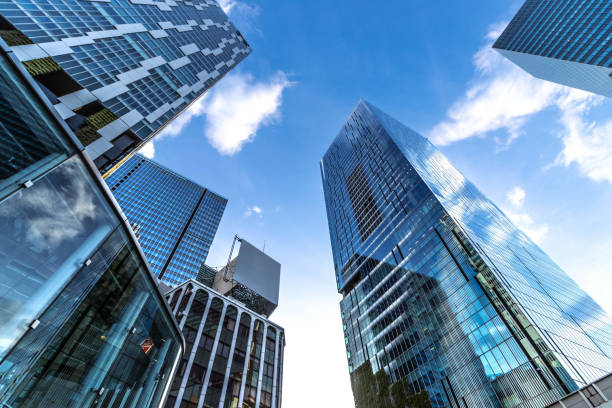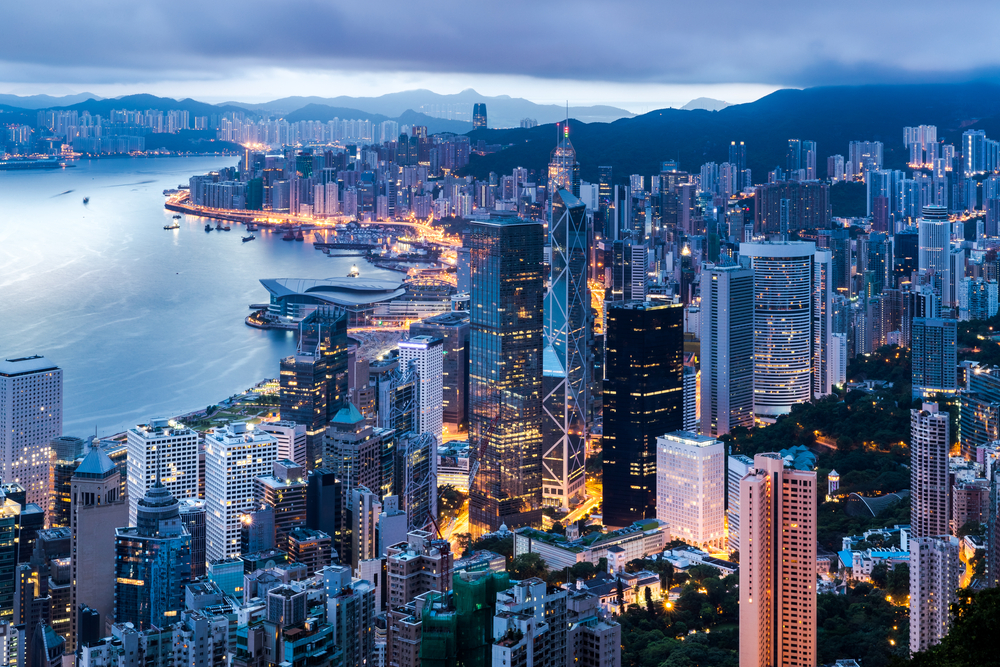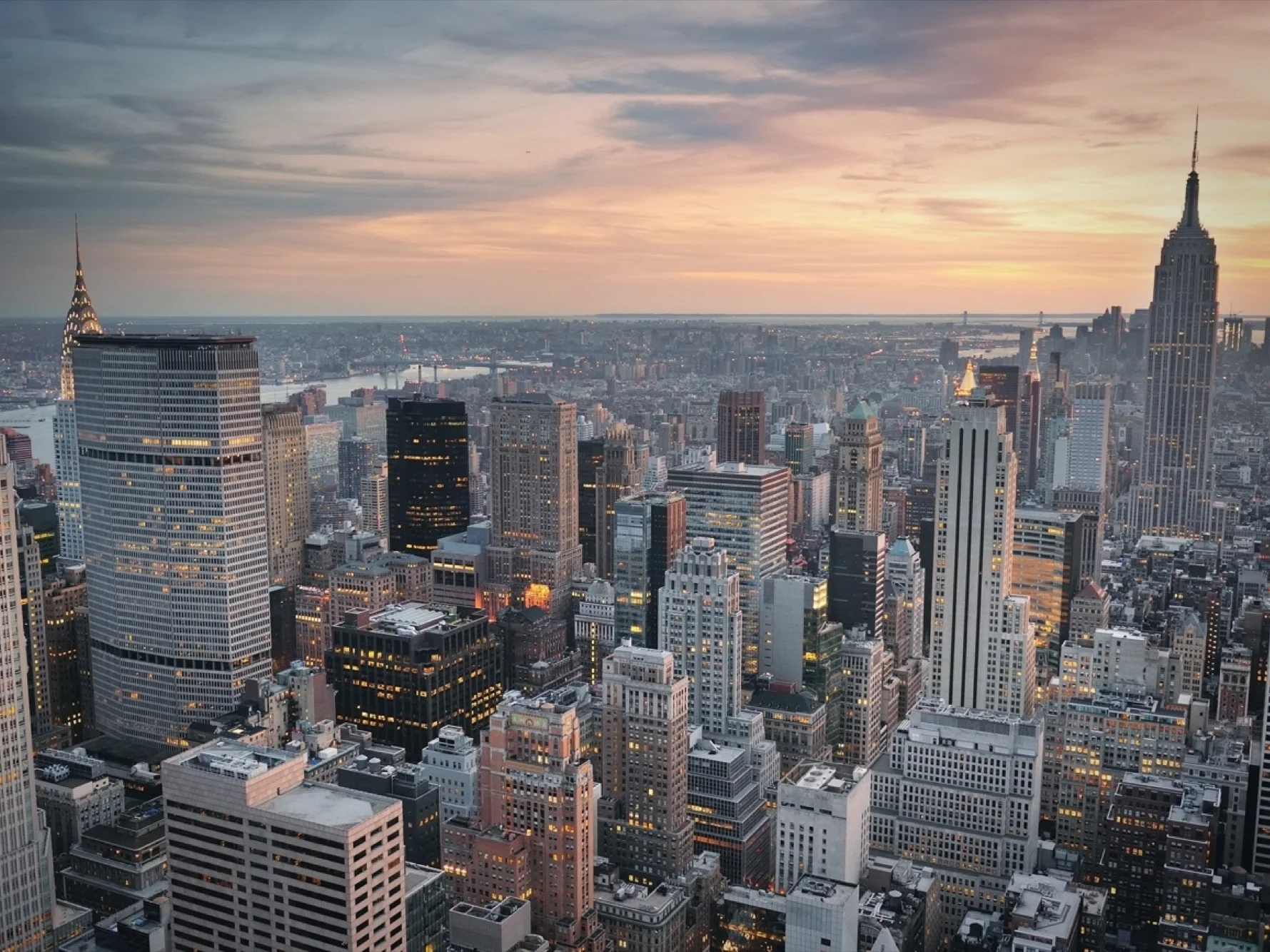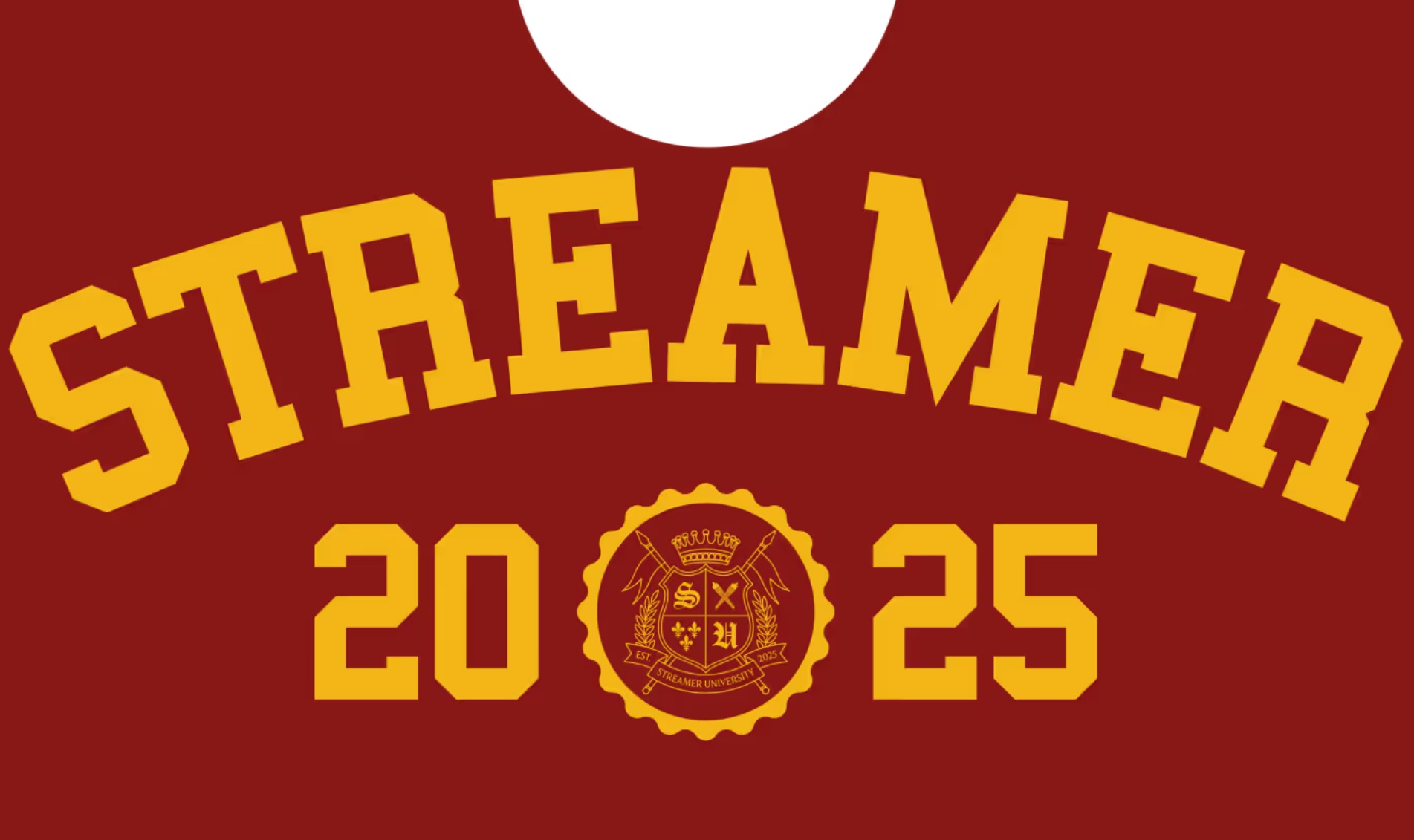
Dallas–Fort Worth: The Metro Where Energy Meets Ambition
If cities were personalities, Dallas–If cities were personalities, Dallas–Fort Worth would be the slick Wall Street broker who also owns a ranch, drives a pickup, and knows every local BBQ joint by name. Stretching across nearly 13,000 square miles, the would be the slick Wall Street broker who also owns a ranch, drives a pickup, and knows every local BBQ joint by name. Stretching across nearly 13,000 square miles, the DFW metroplex isn’t just a place with big hats and bigger highways—it’s a business ecosystem in overdrive. For job seekers, entrepreneurs, investors, or even the occasional business student hunting for data, understanding this metro is a bit like decoding a modern-day oil boom with Wi-Fi.
At contenthub.guru, we’ve made it our business to demystify the trends, the movers, and the shake-ups in America’s largest metro economy after New York, Los Angeles, and Chicago. If you’re planning a career move, scouting startup opportunities, or simply considering relocating, Dallas–Fort Worth deserves a front-row seat on your radar.
The Business Climate: Bigger Than Texas
Dallas–Fort Worth isn’t just one city—it’s two, fused into a sprawling metroplex, boasting a population of over 7.6 million people and a corporate landscape that reads like a Fortune 500 directory. Here, you’ll find energy behemoths, telecom innovators, and an enviable corporate HQ density.
-
Energy: The oil-and-gas giants still hold court here, but the metro is also pivoting toward renewable energy, particularly wind and solar. Companies like ExxonMobil and Vistra Energy anchor Dallas’s energy identity.
-
Telecom & Tech: AT&T, headquartered in Dallas, is just the tip of the iceberg. Startups and scale-ups thrive in the tech corridors around Plano, Irving, and Richardson.
-
Corporate HQs: DFW is a corporate magnet. American Airlines, Southwest Airlines, Fannie Mae (regional office), JCPenney, and Texas Instruments aren’t just names—they’re ecosystem drivers.
-
Real Estate Growth: Booming industries and corporate relocations have ignited a real estate renaissance. Suburban hubs like Frisco and McKinney see sky-high residential growth, office parks, and retail expansion.
Economic diversity is DFW’s ace. “You don’t have to pick a lane here—you can work energy by day and fintech by night if you want,” jokes Claire Johnson, an executive recruiter who’s placed dozens of professionals in Dallas–Fort Worth.
Why Job Seekers Are Watching DFW
Career movers aren’t relocating on a whim—they’re making calculated choices about industry opportunity, salary potential, and lifestyle quality.
-
Energy Professionals: With global energy markets fluctuating, DFW remains a hub for engineers, project managers, and analysts. The metro is also seeding roles in energy tech, including battery innovation and smart grid deployment.
-
Tech & Telecom Talent: Software developers, network engineers, and cybersecurity specialists can tap into the AT&T and Texas Instruments talent pipelines, or join the growing startup ecosystem.
-
Corporate Careers: Major headquarters mean big opportunities in finance, HR, and marketing. Many companies offer relocation assistance, making the transition smoother for talent from other metros.
Salaries are competitive, and Texas’s lack of state income tax is a magnetic bonus. But living costs aren’t negligible—especially if you’re eyeing high-demand suburbs. Dallas–Fort Worth offers the rare combination of big-city perks with suburban affordability, a draw for families and young professionals alike.
Entrepreneurs & Investors: Betting on DFW
Startups and investors have long watched Dallas–Fort Worth for growth indicators: corporate density, talent pool, and real estate dynamics. Recent years have only intensified the buzz: venture capital activity has increased, and niche industries—from logistics tech to fintech—are thriving.
-
Innovation Clusters: Richardson’s Telecom Corridor is a legacy tech hub; downtown Dallas now hosts fintech accelerators and coworking spaces.
-
Investment Hotspots: Areas like Frisco, Plano, and Addison have seen office and mixed-use development soar. Real estate investors note that corporate relocation often precedes a housing market surge, giving early movers strategic leverage.
-
Public-Private Synergy: Dallas–Fort Worth’s municipal and state incentives, paired with a pro-business climate, reduce friction for startups seeking initial funding and infrastructure support.
In short, DFW is not just about moving your career—it’s about moving capital, ideas, and innovation into fertile ground.
Culture Meets Commerce
It’s easy to imagine Dallas as just business suits and freeways, but the cultural fabric is surprisingly rich. Food scenes, music festivals, museums, and sports franchises complement the metro’s professional appeal. The arts district in Dallas is the largest urban arts district in the U.S., housing the Dallas Museum of Art, the Nasher Sculpture Center, and the Morton H. Meyerson Symphony Center. Fort Worth offers its own identity, mixing cowboy heritage with contemporary arts, including the Kimbell Art Museum and Fort Worth Stockyards.
“People underestimate quality-of-life factors here,” says Dr. Rashid Ahmed, a business professor at SMU. “Professionals relocate not just for a paycheck, but for a living experience that combines culture, accessibility, and career mobility.”
Interesting Facts
-
Dallas–Fort Worth boasts more than 24,000 tech companies, including legacy telecom, software, and hardware firms.
-
American Airlines, headquartered in Fort Worth, operates the world’s largest airline by fleet size.
-
The Dallas–Fort Worth International Airport (DFW) is bigger than Manhattan. Literal scale.
-
DFW is the fourth-largest metro economy in the U.S., generating over $620 billion in GDP annually.
Major Employers in DFW
| Sector | Company | Headquarters |
|---|---|---|
| Energy | ExxonMobil | Irving |
| Energy | Vistra Energy | Irving |
| Telecom | AT&T | Dallas |
| Aviation | American Airlines | Fort Worth |
| Technology | Texas Instruments | Dallas |
| Retail | JCPenney | Plano |
| Finance | Fannie Mae (Regional Office) | Plano |
| Transportation | Southwest Airlines | Dallas |
Relocation Insights
For those considering a move: DFW is sprawling, with each area offering different lifestyles.
-
Uptown Dallas & Downtown: Urban living, walkable, access to dining and nightlife.
-
Plano & Frisco: Suburban, family-friendly, top-rated schools, office parks.
-
Fort Worth: Cultural heritage, slightly lower living costs, and growing corporate presence.
How to Research DFW for Careers & Investment
Start with contenthub.guru: Access metro-level economic stats, corporate directories, and industry trends.
Map major employers and industries: Identify clusters in energy, telecom, finance, and tech.
Check real estate & cost-of-living trends: Suburbs vs. city centers can influence relocation decisions.
Follow local news & business journals: The Dallas Morning News, Fort Worth Star-Telegram, and trade publications highlight emerging sectors.
Network & Recruiters: Attend local meetups, conferences, and LinkedIn networking events. Many DFW companies actively recruit out-of-state talent.
FAQ: Moving, Investing, and Working in Dallas–Fort Worth
Q: What industries are hiring the most in DFW?
A: Energy, telecom, corporate HQ roles, tech startups, real estate development, and logistics.
Q: Is DFW expensive to live in?
A: Relatively moderate for a major U.S. metro. Suburbs like Frisco and Plano are pricier than Fort Worth or Arlington.
Q: How do I find corporate relocation jobs?
A: Use platforms like contenthub.guru, corporate career pages, and relocation-focused job boards.
Q: Are there startup opportunities?
A: Absolutely. Tech corridors, accelerators, and venture capital presence are growing rapidly.
Q: Best neighborhoods for families?
A: Plano, Frisco, Southlake, and Coppell. These areas combine schools, parks, and proximity to corporate hubs.
The Bottom Line
Dallas–Fort Worth is more than a Texas cliché. It’s a sprawling, multi-industry powerhouse with serious appeal for job seekers, entrepreneurs, investors, and students alike. Its energy roots, telecom innovation, and corporate density make it a place where ambition meets opportunity. Whether you’re planning a career leap, scouting startup investments, or considering relocation for quality of life, DFW’s dynamic landscape deserves attention.
For curated data, trends, and business insights, contenthub.guru is your go-to resource to navigate the sprawling opportunity landscape of Dallas–Fort Worth.
Suggested for You

Navigating Los Angeles’ Job Market: Opportunities for Movers, Entrepreneurs, and Investors
Reading Time: 6 min
Explore Los Angeles’ booming entertainment, tech, and e-commerce sectors. Insights for job seekers, ...
Read More →
Navigating New York’s Career Landscape: Jobs, Startups, and Corporate Giants
Reading Time: 6 min
Explore New York City’s dynamic job market, booming industries, major employers, and relocation insi...
Read More →
Austin, Texas: The Ultimate Business & Career Hotspot in 2025
Reading Time: 6 min
Discover Austin’s booming job market, tech and energy sectors, corporate HQs, real estate growth, an...
Read More →
Streamer University: The Rise of Digital Hustle & Culture in the Creator Economy
Reading Time: 6 min
Explore the raw, witty story of Streamer University—where gamers, creators, and cultural hustlers tu...
Read More →
Comments